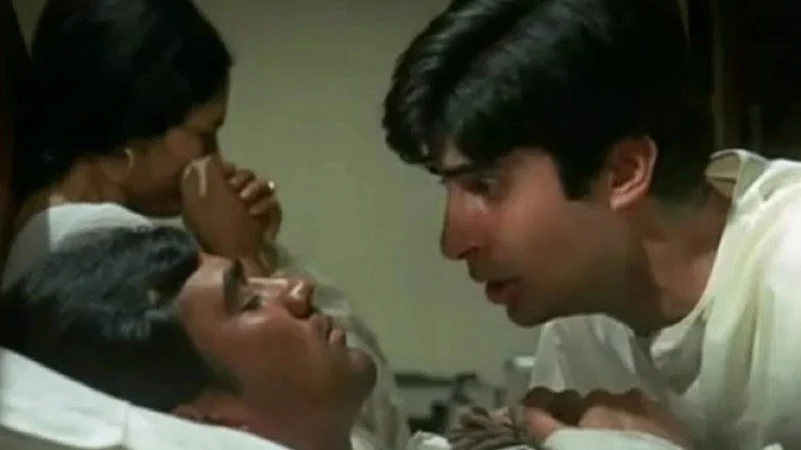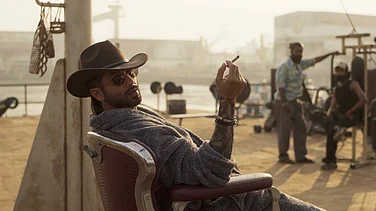Bollywood filmmakers have been making films on Cancer and around patients who suffer from terminal illness since the start of Indian cinema. However, the representation of the story has changed a lot in these past few decades. How has this change happened?
Today as everyone commemorates World Cancer Day to give importance to the Big C and raise awareness about the illness, here’s taking a look at movies in B-Town and how their representation of this disease has changed through the years.
‘Anand’
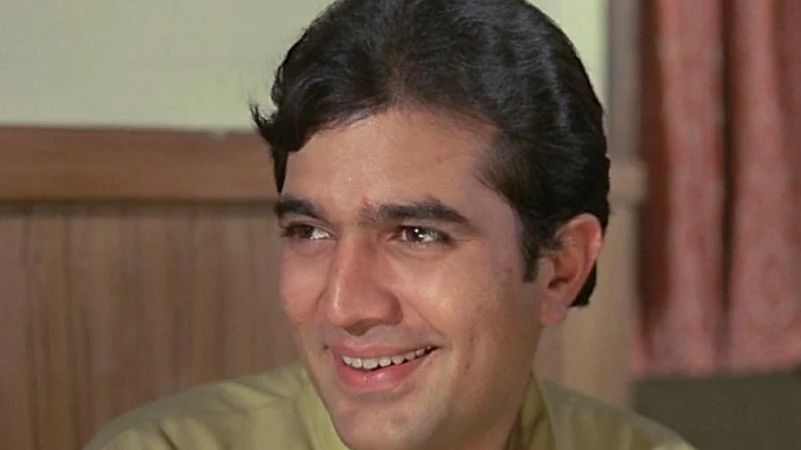
Even after being diagnosed with lymphosarcoma of the intestine, a rare form of intestinal cancer, actor Rajesh Khanna's legendary depiction and his ability to perceive poetry in death continue to make the world laugh and cry. ‘Anand’, who is witty, philosophical, full of life and charm, is reaching the end of his life, which makes his cheerful attitude on life heartbreaking.
‘Safar’
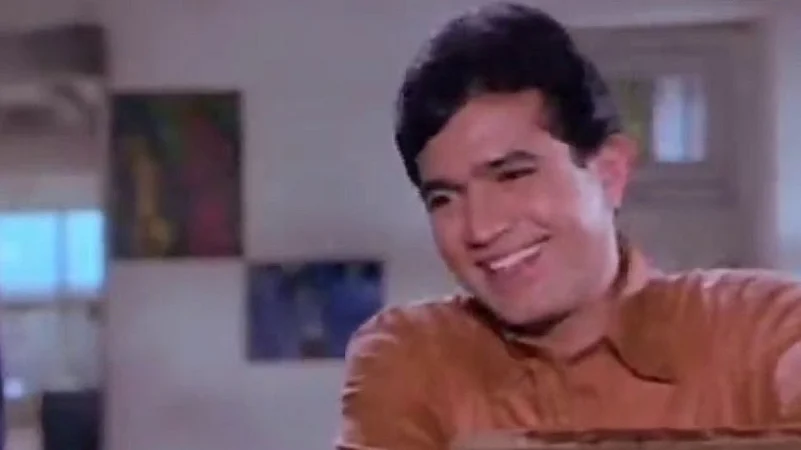
Actor Rajesh Khanna's expertise at portraying terminally ill characters is evidently brilliant in ‘Safar’, as his brush with cancer causes him to experience depression and misery. As a result, he not only rejects the woman he loves but also recommends she marry someone else.
‘Mili’
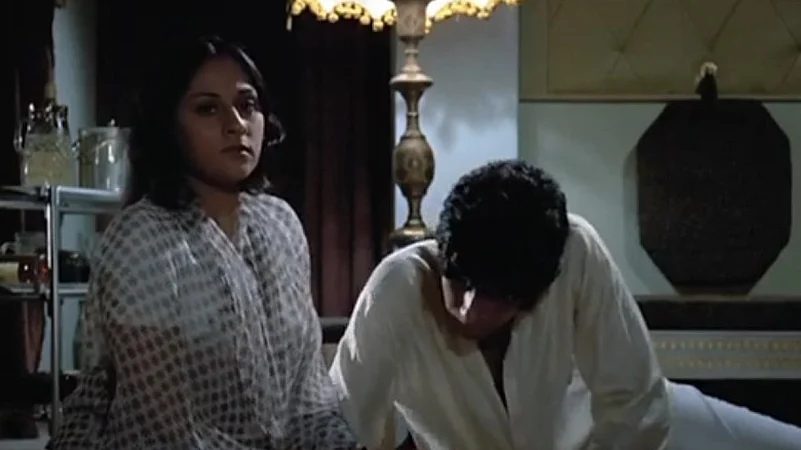
Filmmaker Hrishikesh Mukerji's ‘Mili’, much like ‘Anand’, is on an energetic protagonist who is afflicted with a fatal ailment of Cancer. Unlike ‘Anand’, she does not philosophise about it. Jaya Bachchan's natural enthusiasm personifies her desire to live, love, and see her aspirations come true.
‘Ankhiyon Ke Jharokhon Se’
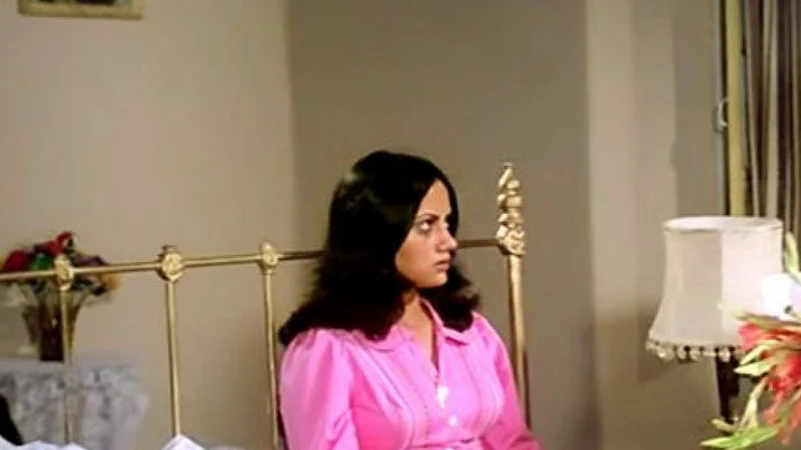
The film produced by Rajshi starring actor Sachin and actress Ranjeeta was loosely based on Erich Segal's ‘Love Story’. It strikes all the emotional notes that the Indian audience looks forward to. Once its female lead discovers she has cancer, things come of age. But only if the male protagonist agrees to make something of himself and appreciate the gift that is life as it is supposed to be.
‘Anuraag’
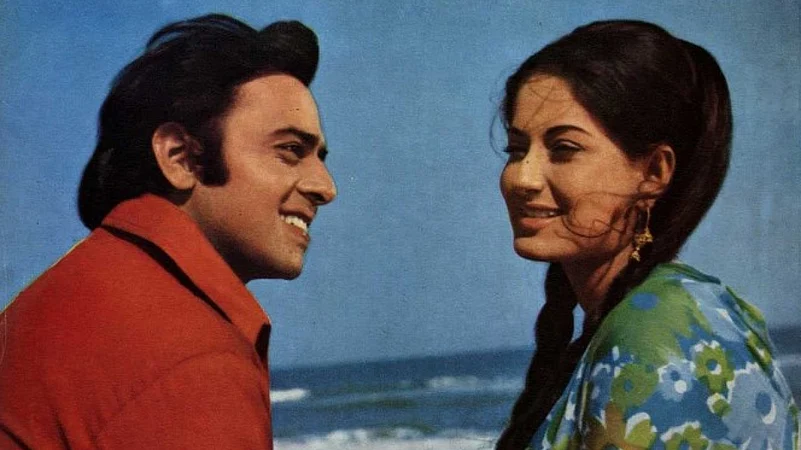
A little boy dying of cancer befriends a blind girl in filmmaker Shakti Samanta's this emotional offering. As fate would have it, he asks that his eyeballs be donated to her after his death, teaching the world a thing or two about long-lasting kindness.
‘Yaad Rakhegi Duniya’
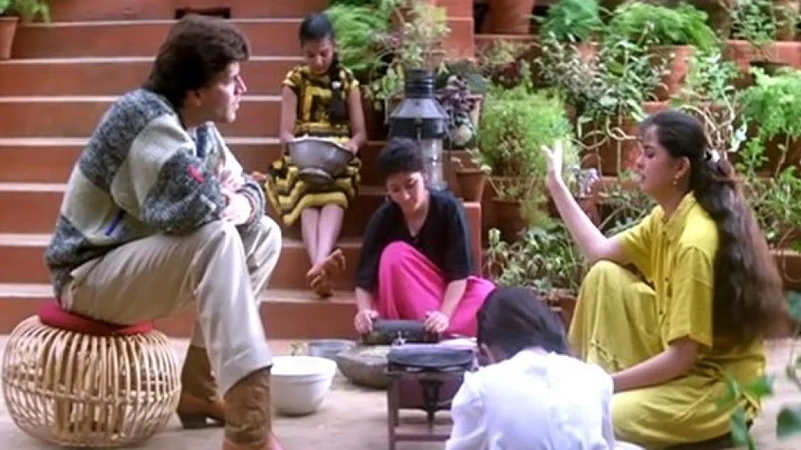
Actor Aditya Pancholi and newcomer actress Rukhsar feature as two cancer patients with dramatically opposed perspectives on death in this adaptation of filmmaker Mani Ratnam's famous movie ‘Geethanjali’. This film examines how one changes another's viewpoint for the better when they fall in love, even if they are terminally ill.
‘Kal Ho Naa Ho’
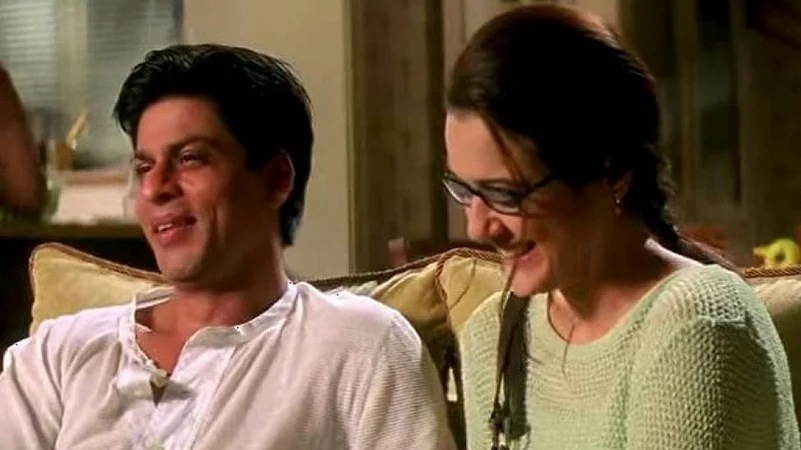
Actor Shah Rukh Khan's larger-than-life charm infuses humour and compassion into his terminally sick Aman, who is dying of cancer-affected heart disease. Knowing he won't be there to witness his happily ever after, he creates one for the lady he loves and her closest friend. A striking thing was how at the end, he wasn’t shown dead, and just left it onto the audience’s imagination.
‘Waqt: Race Against Time’
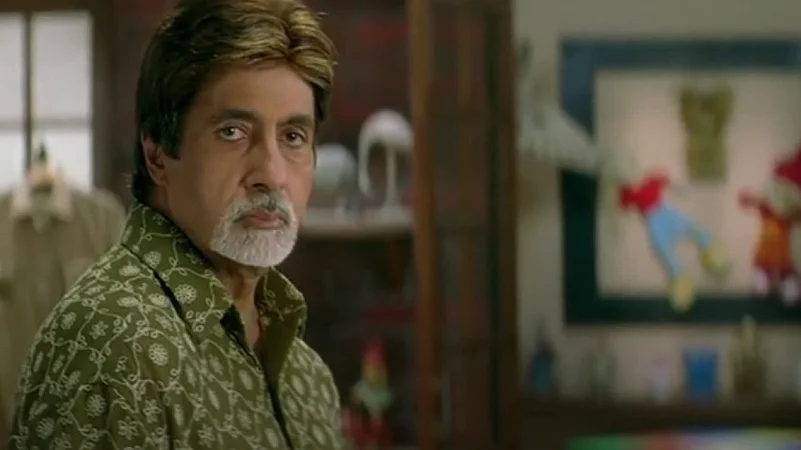
The race against time in this film’s title signifies what the story is all about. A father, played by actor Amitabh Bachchan, who is dying of lung cancer, is trying to make a man out of his vagabond son, played by actor Akshay Kumar. The son doesn’t know about his father’s terminal illness. Bachchan throws Kumar out of the house just to teach him a lesson on how to stand up on his feet. On the other hand, Kumar is fighting a race against time to ensure that Bachchan gets to see and name his grandchild before he passes away.
'Lootera’
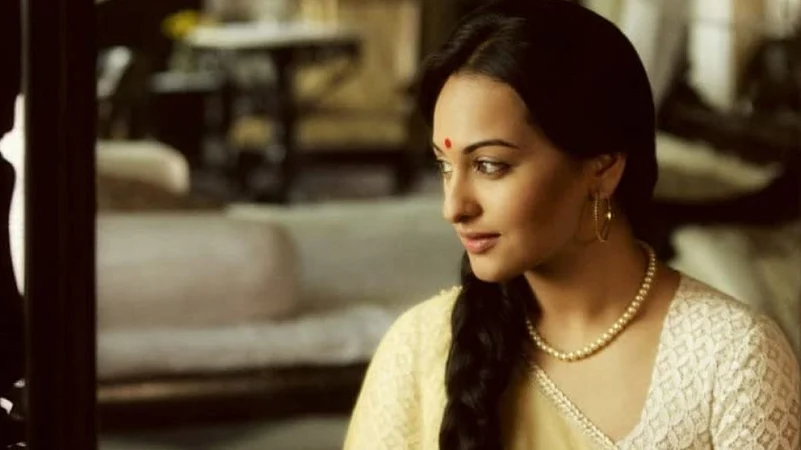
Actress Sonakshi Sinha's awareness of her critical illness due to cancer takes into a sick fascination with death in filmmaker Vikramaditya Motwane's adaptation of author O Henry's short novel ‘The Last Leaf’. She plans to breathe her last on the day the final leaf of the tree in front of her home falls. Except that her one true love has a plan of his own.
‘Katti Batti’
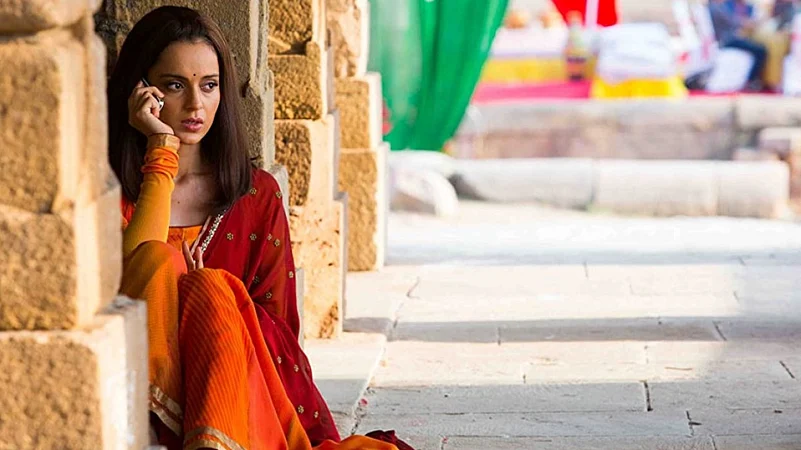
Filmmaker Nikkhil Advani examines the tumultuous relationship shared by a goody-goody boy, played by actor Imran Khan and a wild card of a girl, played by actress Kangana Ranaut. The story puts the phrase ‘in sickness and in health’ to the test as one contracts cancer and the other swears to nurse the other throughout.
‘Ae Dil Hai Mushkil’
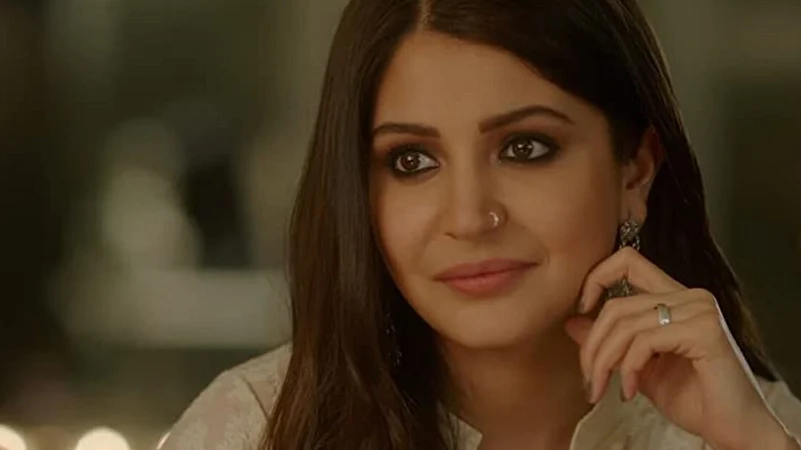
This film directed by filmmaker Karan Johar begins off as a sweet rom-com about unrequited love between actor Ranbir Kapoor and actress Anushka Sharma. But soon enough, it takes a very devastating turn. Things go haywire when the girl admits to being in the last stages of cancer. The story is about finding friendship and love even in such striving times.
‘Kalank’
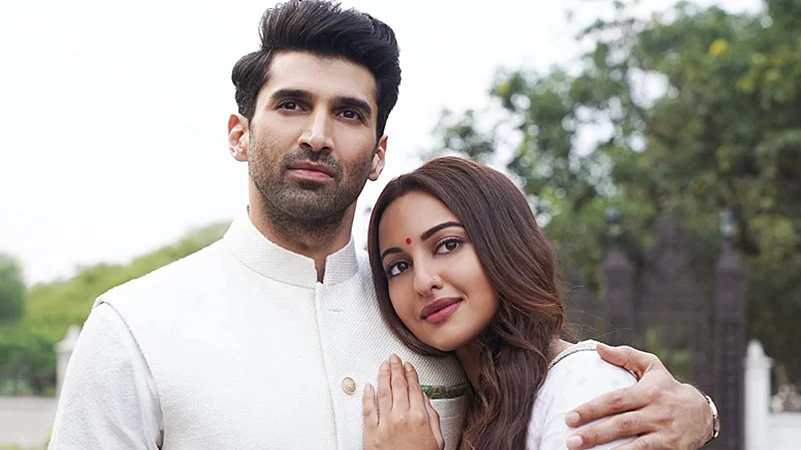
Actress Sonakshi Sinha's rash convictions reach new heights in ‘Kalank’, when her 'I am dying' situation prompts her to force her husband to remarry a girl she chose as her final wish. This causes a chain reaction where the girl is forced to choose between her lover and Sinha’s death wish.
'Kaalakaandi’
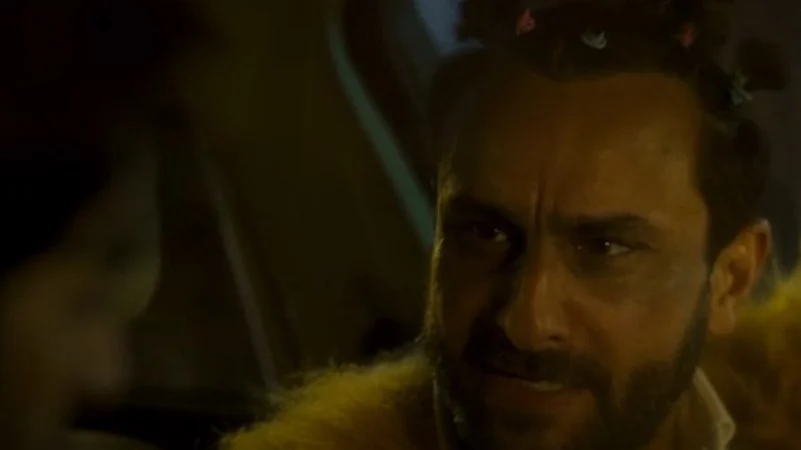
When a doctor informs actor Saif Ali Khan that he has stomach cancer and just a few months to live, he embarks on a crazy psychedelic journey. His entire perspective towards life changes and he begins to emphasise the fact that once you eliminate the fear of death, you have nothing to fear at all.
‘The Sky Is Pink’
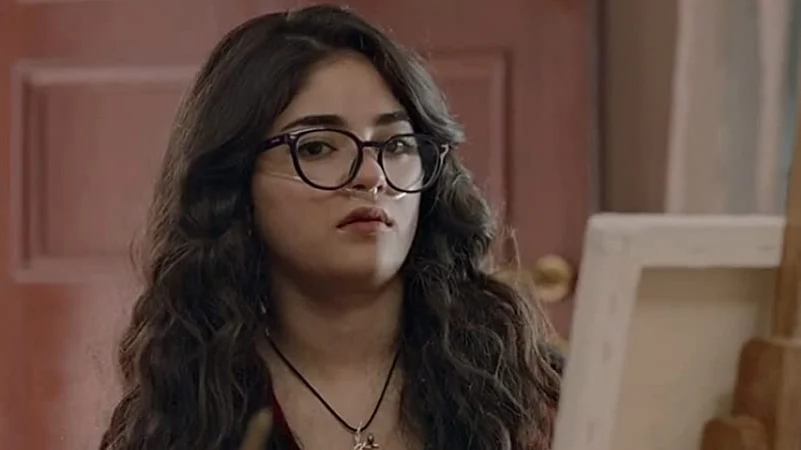
Filmmaker Shonali Bose's ‘The Sky Is Pink’ is inspired by motivational speaker and ‘My Little Epiphanies’ author Aisha Chaudhary, who died at the age of 18 after suffering a terminal disease throughout her whole life which stemmed from a form of cancer. Actress Zaira Wasim's moving speech conveys her soul's sensitivity and brilliance while also expressing sincere gratitude to her warrior parents, played by actor Farhan Akhtar and actress Priyanka Chopra.
‘Dil Bechara’
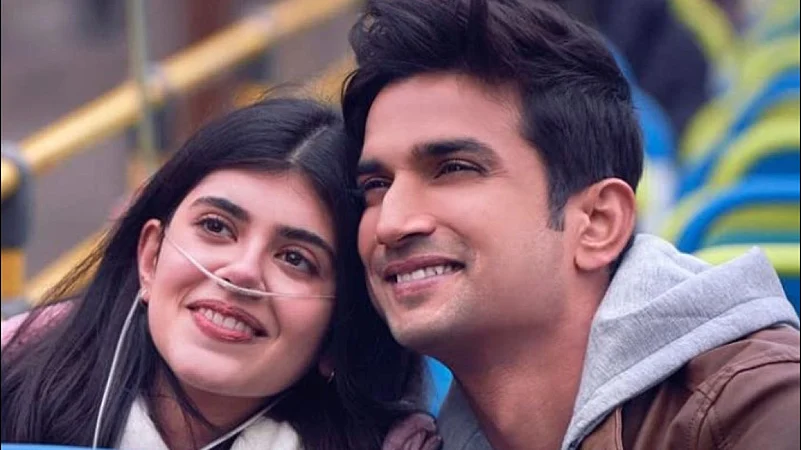
In ‘Dil Bechara’, two young people, played by actor Sushant Singh Rajput and actress Sanjana Sanghi, face life-threatening ailments. Manny and Kizie, as they’re called, both have different forms of cancer, and they end up falling in love while trying to survive. Following that, the two aim to spend the remainder of their days being joyful and optimistic. Kizie and Manny have diametrically opposed personalities, and their fight against cancer is the one thing that connects them. Love steadily encircles them, but they have no idea what fate has in store for them.
It is wonderful to notice that through the years, the representation of cancer or even the terminally ill has changed in films. While in the 1970s it was more of how the person was full of life, and yet regrets that they had to somehow die at the end of the story, and that emotion of death would get the audience into a tragic feel.
However, come the 1990s the emotion of love started overpowering where characters who were even probably terminally ill were bonded by love, even till their dying breaths. Love encompasses all, was something that was shown quite evidently in these films having cancer patients.
In the new millennium, films started being made where the eventuality of death was not shown directly to the audience. It was left mostly in a very subtle way so that audiences know that the character has passed away, but there wouldn’t be a lot of melodrama around the death scene. In recent years, the terminally ill have managed to give in and instill hope in the others who’re living and probably have to deal with the deaths of their closest ones due to cancer.
Slowly and steadily, filmmakers are moving into a zone where the stories of people having cancer is not being shown as the end of life, but as a ray of hope for others to learn and live their lives to the fullest.







